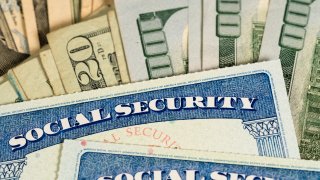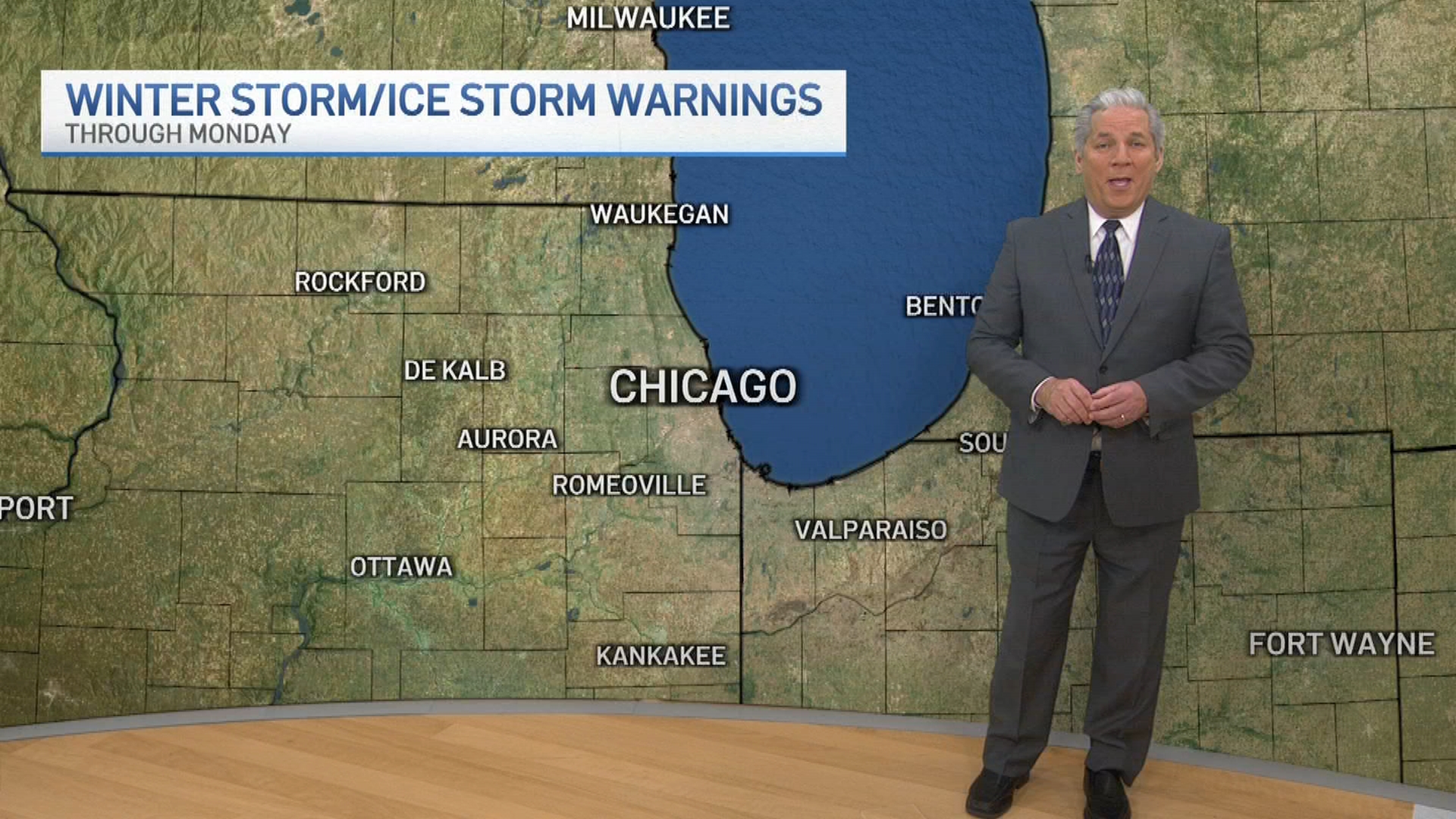
The payment schedule for social security recipients will look a bit different for the start of 2025 -- and beneficiaries will want to take note that they won't receive a payment for at least one month early this year.
It's all because of a calendar quirk that started at the end of 2024. Rules state that if the first of the month falls on a holiday or weekend, the Supplemental Security Income checks are delivered the previous weekday.
Because of that, January's checks were actually delivered on Dec. 31.
For February, checks will be delivered on Jan. 31 and for March, checks will be delivered on Feb. 28.
There will then be no checks delivered in March before things return to normal in April.
Other benefits will be paid based on birthdays. See the full calendar for 2025 here.
The payment shifts are only some of the changes recipients will want to take note of for 2025. Other changes include cost-of-living increases, new full retirement ages and more.
Local
The biggest change could still be in store, however, as the nation waits for President Joe Biden to sign newly passed legislation that would boost Social Security payments for millions.
The bipartisan bill eliminates longtime reductions to Social Security benefits for nearly 3 million people who receive pensions from work in federal, state and local government, or public service jobs like teachers, firefighters and police officers.
Feeling out of the loop? We'll catch you up on the Chicago news you need to know. Sign up for the weekly> Chicago Catch-Up newsletter.
The legislation has been decades in the making but the push to pass it came together in the final weeks — and was completed in the final minutes — that lawmakers were in Washington before Congress resets in 2025. All Senate Democrats, as well as 27 Republicans, voted for the bill, giving it a final tally of 76-20.
“Millions of retired teachers and firefighters and letter carriers and state and local workers have waited decades for this moment. No longer will public retirees see their hard-earned Social Security benefits robbed from them,” said Senate Majority Leader Chuck Schumer, D-N.Y.
The bill repeals two provisions — the Windfall Elimination Provision and the Government Pension Offset — that limit Social Security benefits for certain recipients if they receive retirement payments from other sources such as the public retirement program for a state or local government.
People who currently have reductions in their Social Security benefits under the exceptions would soon see a boost in their monthly payments. But those increased payments would also add an estimated $195 billion to federal deficits over 10 years, according to the Congressional Budget Office.



